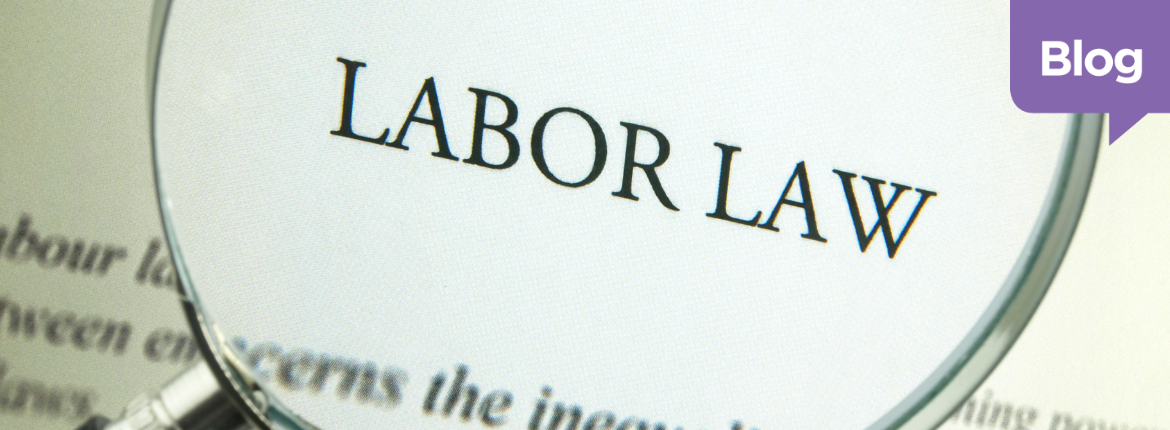
Labor Law Spotlight: Employee Privacy Rights and Regulations
Employers have long had a vested interest in monitoring employee activity to ensure that workers are fulfilling their job requirements, behaving in a professional capacity while representing their employer, and adhering to company policies. The need to verify employee conduct has become particularly acute as more and more people have begun working remotely at least some of the time.
However, the extent to which employers can monitor their employees has limits. State and federal laws establish certain protections for employees based on a reasonable expectation of privacy. So, what can – and can’t – employers monitor when it comes to their workforce?
Can employers monitor employee communications?
When it comes to private communications conducted on privately owned equipment, like the employee’s own phone, the answer is generally no. The Electronic Communication Privacy Act (ECPA) of 1986 restricts employers’ ability to record or monitor private communications. However, when it comes to employer-owned devices or business communications, the employer usually can monitor them. For example, it’s fairly common to monitor business calls for quality control. Note that audio recordings are subject to wire-tapping laws and restrictions, which vary by state. In general, employers should be upfront with employees about what kind of monitoring they can expect.
Can employers monitor device usage?
If the employer owns the device, generally yes. There are a variety of tools available to monitor various aspects of a user’s activity, such as web surfing and idle time. But what if the employee owns their own device that they use for work? This is called Bring Your Own Device (BYOD), and federal guidance and case law in this area are still developing. Refer to any state regulations and have clearly articulated BYOD policies that itemize what data belongs to whom and how the device may be accessed, monitored, or, in some circumstances, remotely deleted.
Can employers monitor employee email or mail?
If a company uses a proprietary email system, such as @company.com, it can monitor its usage. Similarly, if an employee uses a third-party email service, such as Gmail, it can be monitored if it’s for work purposes and goes through employer-owned equipment. Employers can even open postal mail addressed to employees at their workplace. The USPS Domestic Mail Manual says, “All mail addressed to … an individual by name or title at the address of the organization is delivered to the organization” (Chapter 508, Section 1.5.1).
Can employers monitor employees by video?
In general, video surveillance in public areas is allowed; employers can even monitor employees at home via their webcam. However, courts have protected employees from being subjected to invasive video monitoring in private areas like bathrooms and locker rooms. Additionally, employees must be notified that they will be subject to video monitoring. Note also that recording audio or video of non-employees, such as customers or visitors, may be protected and is subject to state and federal wiretapping laws. Here, check with your legal counsel to ensure your activities are compliant and disclose your policies somewhere like the employee handbook or publicly, if appropriate.
CoAdvantage, one of the nation’s largest Professional Employer Organizations (PEOs), helps small to mid-sized companies with HR administration, benefits, payroll, and compliance. To learn more about our ability to create a strategic HR function in your business that drives business growth potential, contact us today.